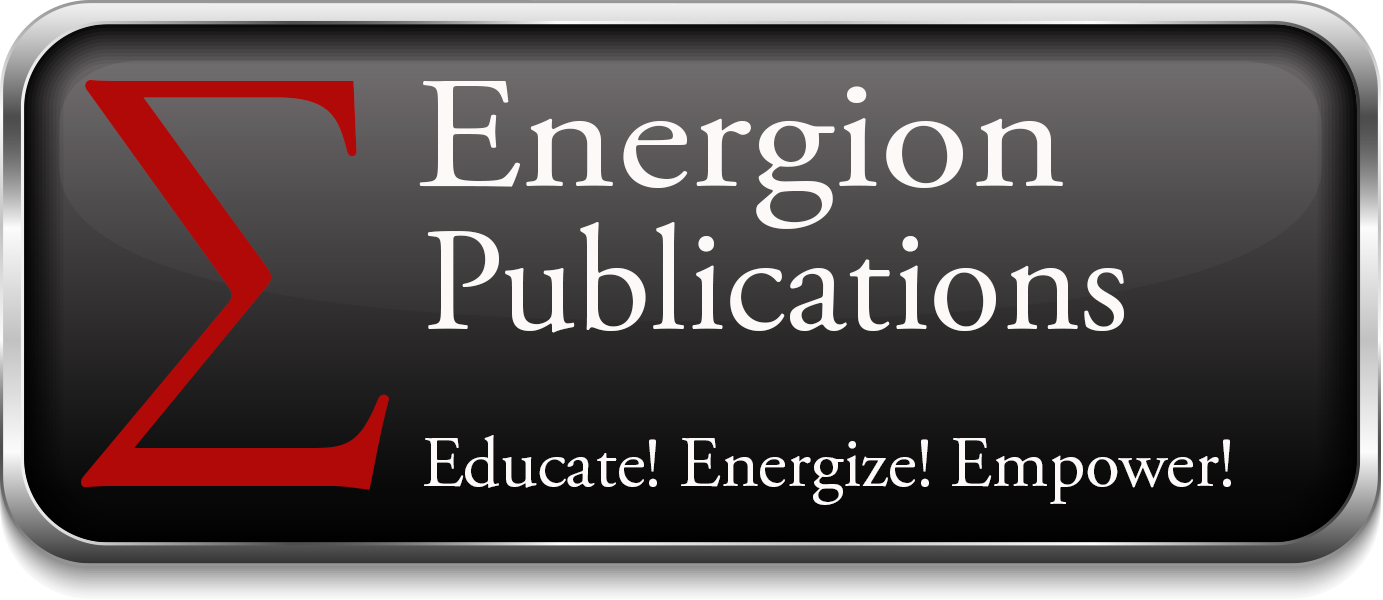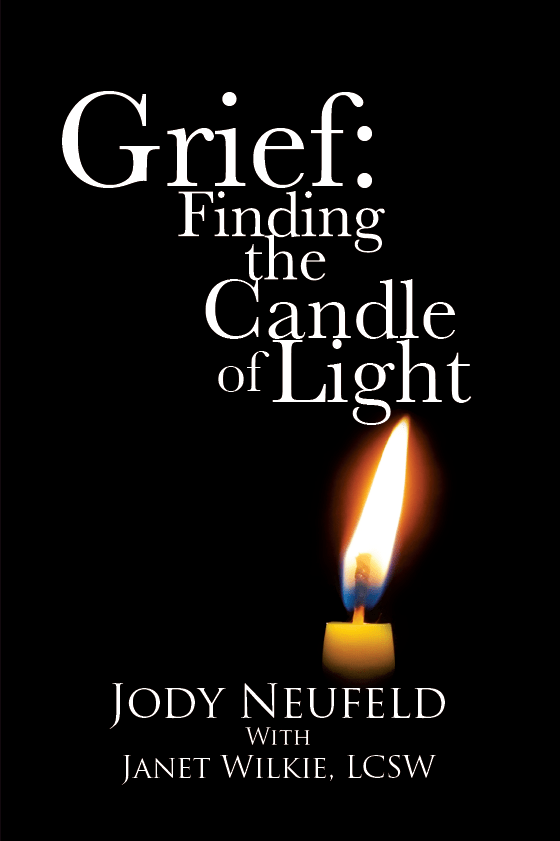Mutuality and Destiny
Today we welcome author Terrell Carter for our post on Martin Luther King’s birthday. Terrell Carter is the author of The Only Thing That Matters Is Heaven.
One of the ongoing challenges many of us face today is how to interact in meaningful ways with people who are different from us or how to develop relationships with them. This is true even for Christians.
There are multiple reasons for this, including theological, political, and social tribalism that leads to an unintentional disconnect between what we understand the Bible to say about relationships and what our tribes, those who believe the same thing we do and those who do not, tell us about who we can and cannot have beneficial relationships with.
The relationship between different people groups and, subsequently, how they should treat each other, is important to God—so much so that relationships between tribes is addressed in multiple places in the Bible.
In the Hebrew Bible, God told the children of Israel that when they finally entered the Promised Land, the land that symbolized God’s faithfulness to fulfill generations-old promises to take care of them and provide for them in new ways, they were to remember that they had once been slaves and wanderers in a strange land who did not always have enough.
Remembering this chapter of their lives should have caused them to have compassion on other tribes with whom they interacted. For example, in honor of God’s faithfulness in providing for the children of Israel, they were not to hoard all the fruit the land produced for themselves.
Instead, they were to forgo reaping every piece of fruit and grain and leave some of the excess the land produced to be reaped by the poor and hungry from their own tribes, as well as from other nations, to use for their own needs. The new land was not only for their self-preservation but for the preservation of multiple people groups.
One of the things I took away from the unprecedented events that the U.S. witnessed on January 6 when an angry mob, carrying flags and banners that read “Jesus 2020”, “God, Guns, and Trump”, “Make America godly again” and “Jesus is my savior” as they stormed our nation’s capitol is that some of us have forgotten about the biblical principles God commanded Israel to follow.
We have forgotten that God does not care primarily about the political desires of one group over another. God cares more about how we view and treat each other and how we reflect God’s presence before others. God also cares about how our actions affect others around us.
In his Letter from Birmingham City Jail, Dr. Martin Luther King, Jr. talked about the reason we should have a larger view of life and how we interact with people who are different from us or our preferred tribe. Dr. King wrote, “We are caught in an inescapable network of mutuality, tied in a single garment of destiny. Whatever affects one directly, affects all indirectly.”
Mutuality and destiny are often ignored biblical principles. Mutuality in the sense that we should hold each other in high esteem and treat others with respect because we each were created in God’s image.
Destiny in the sense that we do not inhabit this world or life by ourselves. We do so in conjunction with the journeys of others. Not only do we travel through this life together, but we will also experience the same process of accountability for how we treated each other when we encounter God in the afterlife.
Will embracing the ideas of mutuality and common destiny fix all the ills that plague our nation? No, they will not, but adopting those principles can be the first steps in the process to heal our nation and begin to make America great again.







